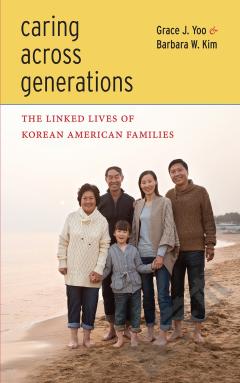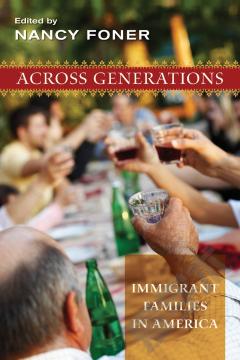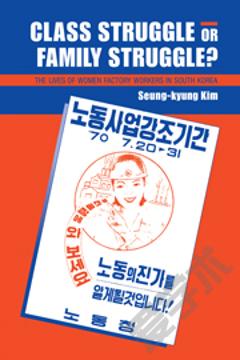Caring Across Generations: The Linked Lives of Korean American Families
Five decades into the post-1965 immigration, the first cohorts of immigrants have quietly begun the transition out of the labor force into retirement and old age. In 2010, one in eight Americans among the population aged 65 and older was of foreign-born stock, with Asian Americans reporting the largest proportions of elderly population among the post-1965 ethnoracial groups. More specifically, 22 percent of the Asian American population is expected to be 65 years of age or older by 2050 (174). In light of these trends, this book examines how second-generation Korean Americans renegotiate the caring responsibilities as their first-generation parents approach retirement and beyond. Specifically, how do children of immigrants take care of their parents over their life course? How do they make sense of their parentsâ sacrifices? What cultural and filial expectations shape the meaning of such care work? This important book effectively addresses these three intricate questions, while providing original insights into the complex lives of immigrants and their children. The book has several strengths. Theoretically, this book adopts a life course perspective to trace out the changing dynamics of family life over time. As the second generation transitions from adolescence to adulthood, the first generation also transitions from middle adulthood to old age. As children of immigrants, many of them serve as âbrokers of culture and languageâ (2) from an early ageâproviding a crucial bridge between their immigrant parents and the American society. From translating for their parents to helping them pay monthly bills, the second generation takes on many pseudo-parental roles throughout their lives, a process that begins in their early adolescence. As their parents transition into retirement, the second generation finds themselves taking on even more responsibilities, including financial assistance, healthcare aid, and emotional support. Describing these forms of assistance as a âlabor of love,â the book argues that these intricate negotiations and renegotiations of responsibilities provide the broader cultural contexts for our understanding of Korean American families. Book Review 1
{{comment.content}}








 京公网安备 11010802027623号
京公网安备 11010802027623号